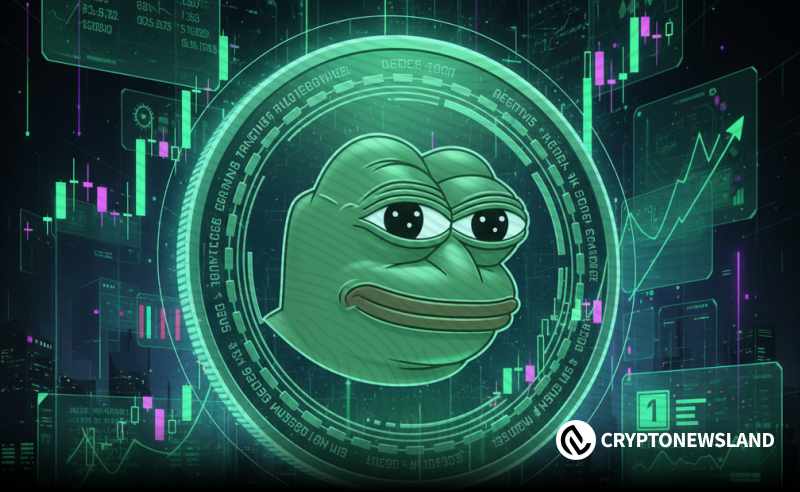JPMorgan and DBS Highlight Blockchain's Move Toward Real-World International Payments
- JPMorgan and DBS Bank launched a blockchain interoperability framework enabling real-time cross-chain tokenized deposit transfers for institutional clients. - The system connects JPMorgan's Kinexys platform with DBS's Token Services, addressing blockchain network incompatibility to streamline cross-border payments and trade finance. - The initiative aligns with global banks' push for tokenized deposit standards, supported by regulators like Singapore's MAS and potentially influencing future CBDC framewor
JPMorgan Chase & Co. and Singapore’s DBS Bank have introduced a blockchain interoperability solution that allows institutional clients to move tokenized deposits instantly between different blockchain platforms, representing a notable advancement for digital asset infrastructure adoption. Announced on Tuesday, this collaboration connects JPMorgan’s Kinexys Digital Payments system with DBS’s Token Services, establishing a cross-chain settlement process that functions around the clock without the need for conventional payment rails, according to a
This framework enables users of JPMorgan’s deposit tokens—created on Ethereum’s Layer-2 Base network—to transact with DBS clients whose tokens are managed on a permissioned blockchain. The solution tackles a major issue in blockchain finance: the lack of seamless interaction between separate networks. By supporting cross-chain settlements, the banks seek to streamline international transactions, especially in areas like cross-border payments and trade finance where efficiency and transparency are crucial, as described in a
Both banks already operate blockchain-powered payment platforms that enable immediate settlements within their own networks.
This partnership reflects a broader industry movement to create standards for tokenized deposit infrastructure. Over the last year, leading banks such as BNY Mellon, Barclays, and HSBC have launched similar projects, motivated by the promise of reduced costs and faster settlements. A 2024 survey by the Bank for International Settlements (BIS) found that about one-third of banks worldwide have started or are investigating tokenized deposit initiatives, indicating a shift from pilot blockchain projects to practical, scalable applications, as outlined in a
Regulators are paying close attention to these trends. The Monetary Authority of Singapore, for example, has backed DBS’s earlier tokenized asset efforts through its Project Guardian initiative. The JPMorgan-DBS collaboration extends this focus to institutional-level payment systems and may shape future models for central bank digital currencies (CBDCs), as explored in a
Although the framework is still in its pilot phase, the banks intend to trial it with selected institutional clients before expanding access. Both Naveen Mallela of JPMorgan and Rachel Chew of DBS highlighted the need to preserve the “singleness of money”—making sure tokenized deposits maintain their value and legal status across different networks, as previously referenced in the
This initiative highlights the ongoing competition among global banks to establish the foundation for tokenized money. As regulators and industry players address the challenges of cross-border compliance and technical integration, projects like this could help define interoperability standards and speed up the adoption of blockchain in mainstream financial systems.
---
Disclaimer: The content of this article solely reflects the author's opinion and does not represent the platform in any capacity. This article is not intended to serve as a reference for making investment decisions.
You may also like
These 3 AI-Rated Undervalued Altcoins Could Deliver Massive Returns Soon

3 Promising Altcoins to Keep an Eye On This November 2025

Heavy Leverage Builds at $2.15 While XRP Trades Steady Between $2.25–$2.32

Bitcoin Dominance Retreats to 59.94% as PEPE Holds Above $0.05585 Support
